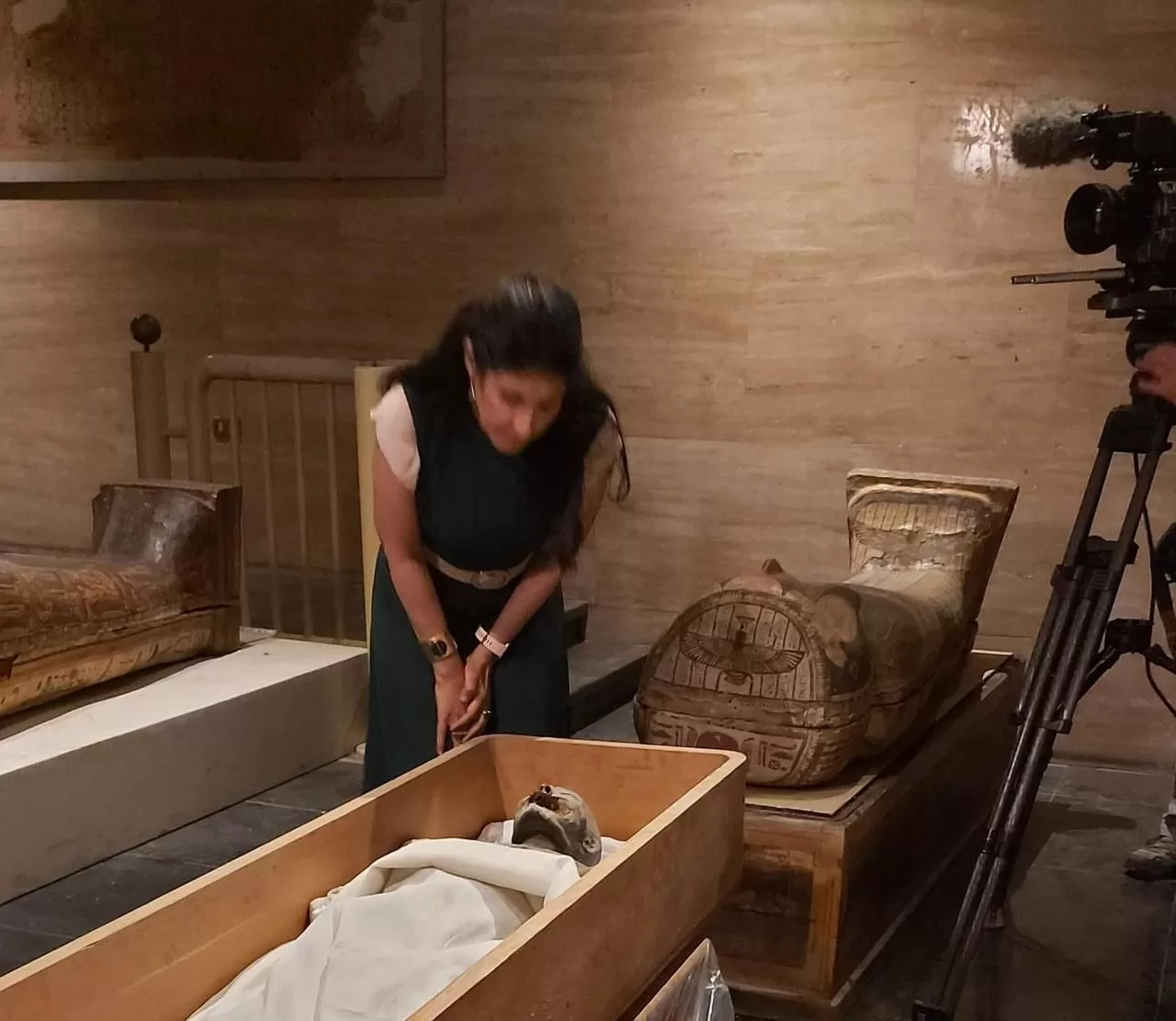Copyright The New York Times

For the first time, researchers restored some vision to people with a common type of eye disease by using a prosthetic retinal implant. If approved for broader use in the future, the treatment could improve the lives of an estimated one million, mostly older, people in the United States who lose their vision to the condition. The patients’ blindness occurs when cells in the center of the retina start to die, what is known as geographic atrophy resulting from age-related macular degeneration. Without these cells, patients see a big black spot in the center of their vision, with a thin border of sight around it. Although their peripheral vision is preserved, people with this form of advanced macular degeneration cannot read, have difficulty recognizing faces or forms and may have trouble navigating their surroundings. In a study published Monday in The New England Journal of Medicine, vision in 27 out of 32 participants improved so much that they could read with their artificial retinas. The vision that is restored is not normal: It’s black and white, blurry, and the field of view is small. But after getting the retinal implant, patients who could barely see gained on average five lines on a standard eye chart. The implant gets signals from glasses and a camera that projects infrared images to the artificial retina. The camera has a zoom feature that can magnify images like letters, allowing people to read, albeit slowly because with the zoom they don’t see many letters at a time. “This is at the forefront of science,” said Dr. Demetrios Vavvas, director of the retina service at Massachusetts Eye and Ear, a specialty hospital in Boston. He was not involved in the study and emphasized that the implant was not a cure for macular degeneration. But he called it the dawn of a new technology that he predicted will significantly advance. Thank you for your patience while we verify access. If you are in Reader mode please exit and log into your Times account, or subscribe for all of The Times. Thank you for your patience while we verify access. Already a subscriber? Log in. Want all of The Times? Subscribe.



